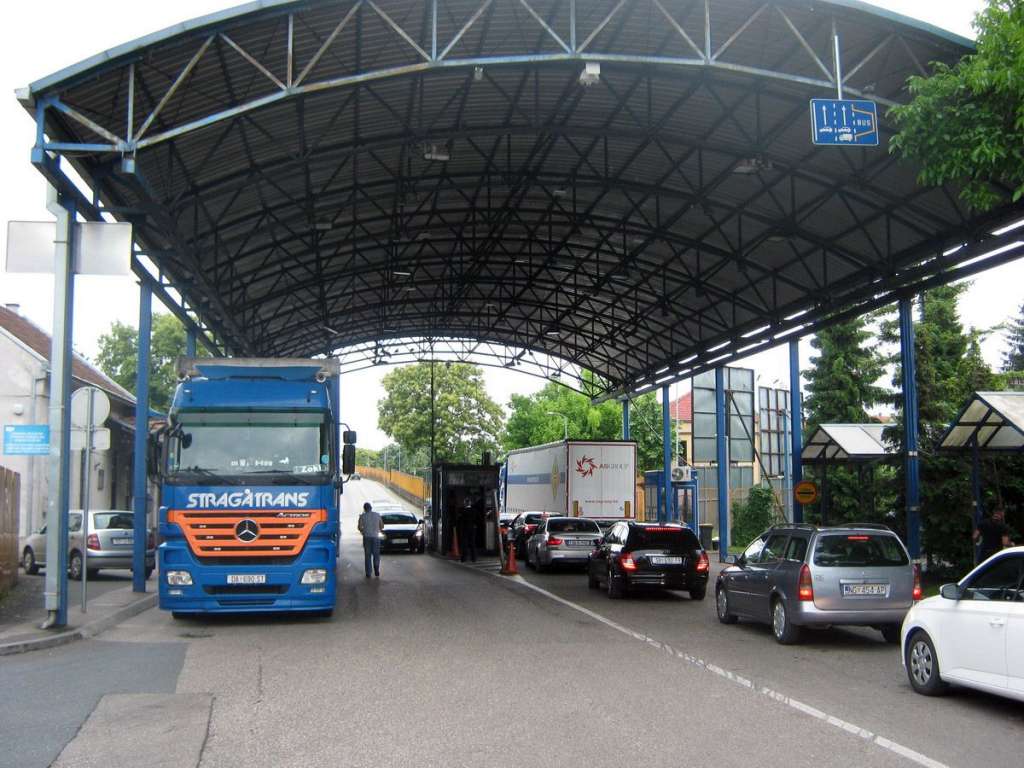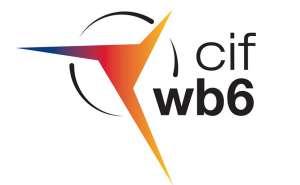MOSTAR, November 13 (FENA) – After the European Parliament supported the entry of the Republic of Croatia into Schengen this week, it remains for the European Council to confirm this decision at the beginning of December.
Earlier, the Council of the EU proposed that from January 1, 2023, Croatian border controls on the land and sea borders with the countries of the Schengen area be abolished, and at the airports from March 26.
With this, Croatia will enter a common space in which more than 400 million people can move freely.
Croatia's entry into the Schengen area should result in stricter controls at the border crossings to Bosnia and Herzegovina, and as FENA learns from the BiH Border Police, the institutions of the Republic of Croatia will decide on possible changes to the border crossing regime.
"From past experience, when we talk about the Schengen area where citizens of Bosnia and Herzegovina travel on a daily basis (Slovenia, Hungary, etc.), and the very fact that they now meet the entry requirements for the mentioned countries indicates that they will be able to travel to the Republic of Croatia under the same conditions after its accession to Schengen, whereby the possibility of subsequent changes to the regime and conditions of entry into the Schengen countries must be taken into account," the BiH Border Police stated in their reply.
BiH Border Police further states that Croatia's accession to Schengen will contribute to a greater degree of protection of the external borders of the Schengen area in the mentioned country, and thus also the common interstate borders.
New changes in crossing the state border will occur after the introduction of the European Travel Information and Authorization System (ETIAS). The start of its application has been postponed several times so far, and the new date is November 2023.
The EU Delegation in Sarajevo told FENA earlier, when ETIAS comes into practice, citizens of third countries who do not need a visa to travel to the Schengen countries (including BiH citizens) will need to submit an application for travel authorization in advance of their trip using a simple procedure of using the website or ETIAS mobile applications.
A fee of seven euros will be paid for this, followed by an automatic assessment process. It is expected that 95 percent of submitted applications will be automatically approved within minutes of submitting the application.
(FENA) A. B.












